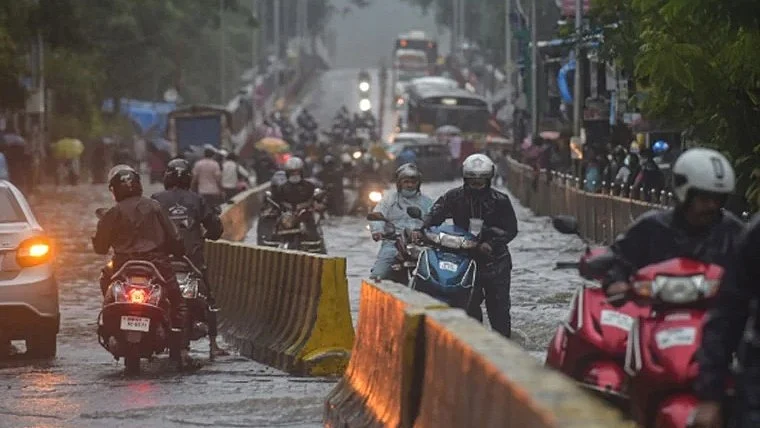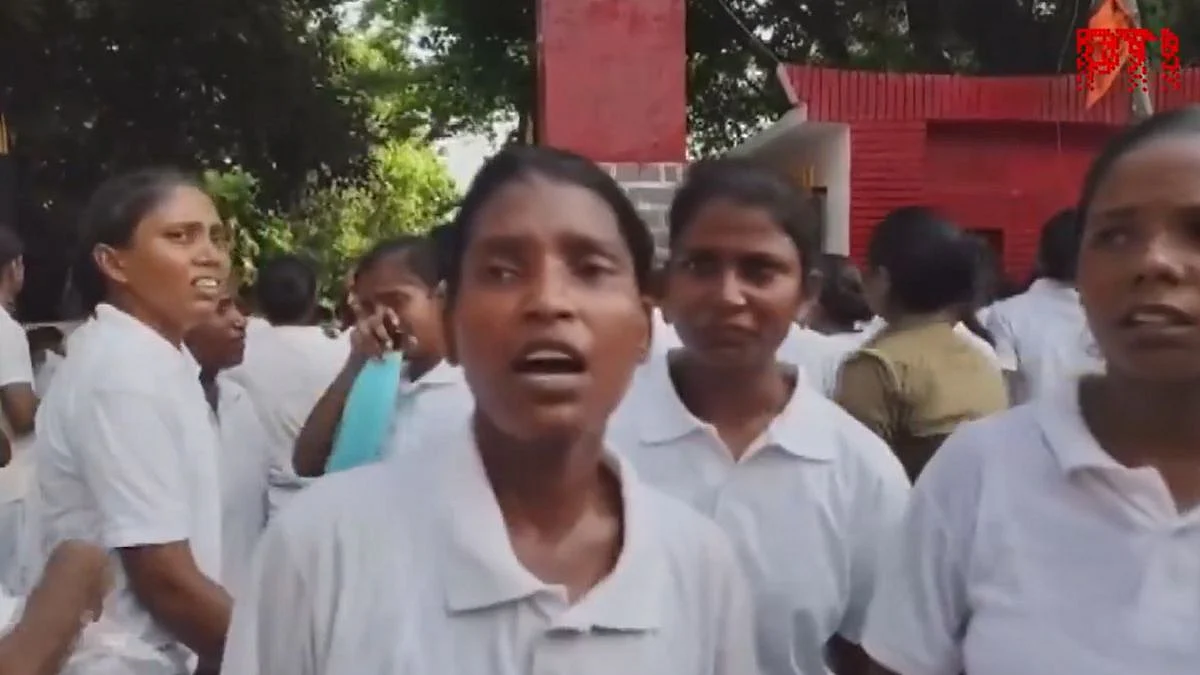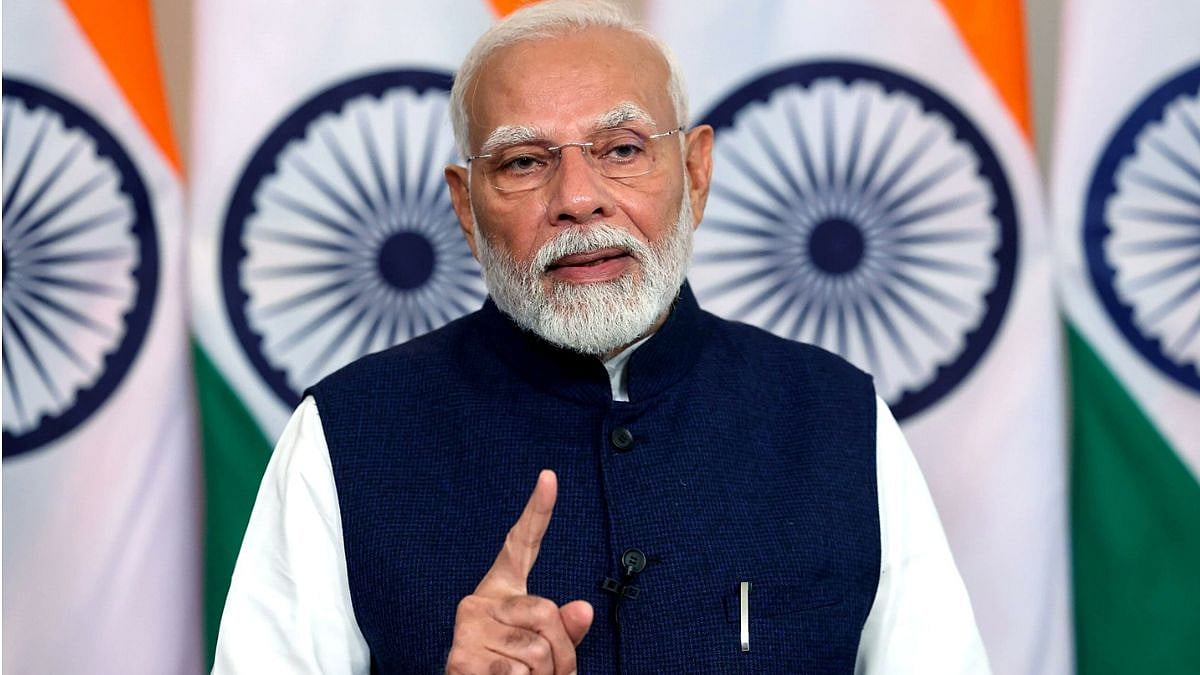There are two minor miracles here — one, that The Woman King, a film with a predominantly Black female cast, was greenlit by a Hollywood studio; and two, that it has opened to terrific box-office response.
Another interesting aspect is that the crew of the film is mostly female — director Gina Prince-Bythewood, writers Maria Bello and Dana Stevens, cinematographer Polly Morgan, editor Terilyn Shropshire.
The historical epic set in 1800s Dahomey in Africa (present-day Benin), is about a tribe of ferocious female warriors, called the Agojie. The script is fictional but the Agojie did exist and were the inspiration behind the Dora Milaje, a fighting troupe of women in the fictional Wakanda, in the superhero movie Black Panther. It is quite possible that the huge success of this film eased the way for The Woman King; generally Blacks have been marginalised in mainstream Hollywood, though things have been changing gradually, and Viola Davis, the star of this film, has been in the vanguard of this progress.
She plays the fearless and astute General Nanisca in the army of King Ghezo of Dahomey. She oversees the training of the female soldiers, and presides over a women’s compound where no men are allowed entry. Her orders are that the female soldiers cannot marry or have children; which a new recruit, Nawi (Thuso Mbedu), questions. Why are male soldiers allowed to have wives and children? she asks. Centuries later, so many women still have to choose between their personal and professional lives, or be buried under the guilt of trying to have it all and failing. In the 19th century, the options were even narrower for women, and if they chose the non-traditional route, the door to family was invariably shut for them. Nawi is left by her father outside the king's palace because she refuses to marry a violent old man.
The film is set at a time when European slave traders were marauding in Africa, taking their human cargo to be sold as bonded labour. The kingdoms of Dahomey and Oyo were at war and the captives were sold to the traders for high profit. When the film begins, Nanisca frees Dahomeans from rival Oyo captors. Her army of Agojie are expert fighters, they wield weapons like any soldier, and when need be, gouge out the eyes of the enemy with their nails. When battling huge, muscular male soldiers, they make up with speed and the element of surprise what they may lack in physical strength. Their intense training includes dragging themselves through acacia thorns, climbing walls and cutting off the heads of effigies used for practice.
Nanisca is older than the king’s harem of pretty women, but it is her he seeks out for counsel. She advises him to give up the slave trade and earn from other Dahomean resources like gold and palm oil. But when she goes into battle, she leaves behind any sentimentality that might creep into her mind; what she continues to carry with her are memories of a brutal past.
Like so many accomplishments by women, the bravery (and cruelty too) of the Agojie was never highlighted, because history is usually written by the victors — in this case, the colonisers. They did not want the world to believe that the men and women they enslaved were capable of fighting a better-armed and ruthless enemy; the women were not even considered significant enough.
David Smith reviewing the film in The Guardian, wrote, “When French soldiers tried to colonise the west African kingdom of Dahomey, they encountered a foe unlike any they had faced before. The Agojie were known for raiding villages, taking captives and cutting off the head of anyone who resisted. And they were made up entirely of women.”
Benin-born Professor Leonard Wantchekon, an Agojie scholar who was historical advisor on the film, is quoted as saying, “What is very unique is that social norms in Dahomey were very gender inclusive. Girls played with boys and took part in any activity that boys are involved in, which is farming and trading, and cultural activities. There had always been a strong sense of equitable gender norms and representation of women in government.”
The Amazons of Greek mythology are better known, but the Agojie are considered one of the first all-female military units in history, and are believed to have been created by Dahomean Queen Hangbe.
Wantchekon says, “For a long time women constituted only 5% or 10% of the military but that changed under King Ghezo (played in the film by an ineffective John Boyega). He expanded the Agojie from about 600 to roughly 6,000. In 1818 it was extended and institutionalised, with a systematic process of recruitment, training and representation in government decision-making to a point where during most of the 40-year reign of King Ghezo, anywhere from 30% to 35% of the armed forces were women. At the same time, key positions in government like prime minister, justice minister, interior minister, were gender balanced: you’d have the female office and the male office. Also traditional religions had very strong representation of women.”
Stories written by Whites, and consequently the films made about Africa, portrayed Blacks as savages, when in reality their tribal societies were highly evolved even by today’s standards. The French, who finally colonised Dahomey, considered themselves civilised, but they disbanded the Agojie and also caused the decline of the status of women in the region by taking away their education and employment opportunities. Women in France did not get the right to vote till 1944, while in Dahomey, a woman could reign alongside the king and be given the title of Kpojito or Woman King.
As films go, The Woman King is quite a standard action adventure; it is not even historically accurate, but it brings to the notice of the audience the existence of the Agojie. Some of them actually survived till the mid-20th century, but were not known outside of academic circles that studied African society and culture.
The impact of the success of Black Panther and The Woman King on the Hollywood film industry struggling to be woke and inclusive, means that the production of a female-led sequel, Wakanda Forever, was possible. And maybe more stories of non-White female achievers will make their way to mainstream cinema.
The writer is a Mumbai-based columnist, critic, and author










